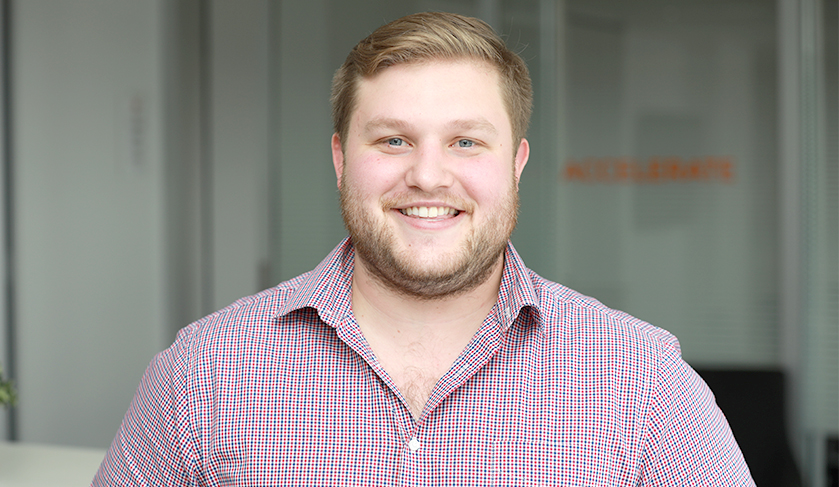Why rentvesting was the way to go for this young investor

It can be a smart idea for investors to rent where they want to live to build their portfolios, using rentvesting as a strategy to help them focus on understanding markets and make better investment decisions, according to property investor Justin Picker on the Smart Property Investment Show.
The tactic of rentvesting often sees investors renting where they want to live, enabling them to purchase smart property investments in the most promising locations to maximise gains, while ensuring they do not blow their budget in the interim.
“If you’re able to live at home, or you’ve got cheap rent and stuff like that, it’s certainly something I would recommend – and build a property portfolio as well so that you’ve got some assets building for you in the background,” Mr Picker said.
“I just think it gives flexibility, and once we’ve got a little bit more certainty and those type of things, I’ll probably look to use that equity as a deposit for a house later on down the track.”
Particularly for people who cannot afford to buy in the major capital cities, it is not uncommon for investors to rent where they want to live in these cities, in order to make money while working harder on their investments.
“I suppose the idea of rentvesting to me is certainly a way to go. And obviously, when I started investing, you could still have your first home owner’s grant, but if you’re in New South Wales, they’ve now changed that,” he said.
The 26-year-old investor said that being unsure about how many kids he will have or what suburb he will settle in – among many uncertainties that quarter-life investors inevitably experience – makes rentvesting the wisest decision for him.
“So rather than kind of cementing ourselves into that and in New South Wales, the yields are a lot lower,” Mr Picker said.
“If we buy a house... then we kind of have maxed out all of our borrowing capacity on that one house.
“Then we’ve got to rent it out and the yield is quite low, we could be negative two, three, four hundred a week depending on the market.”

